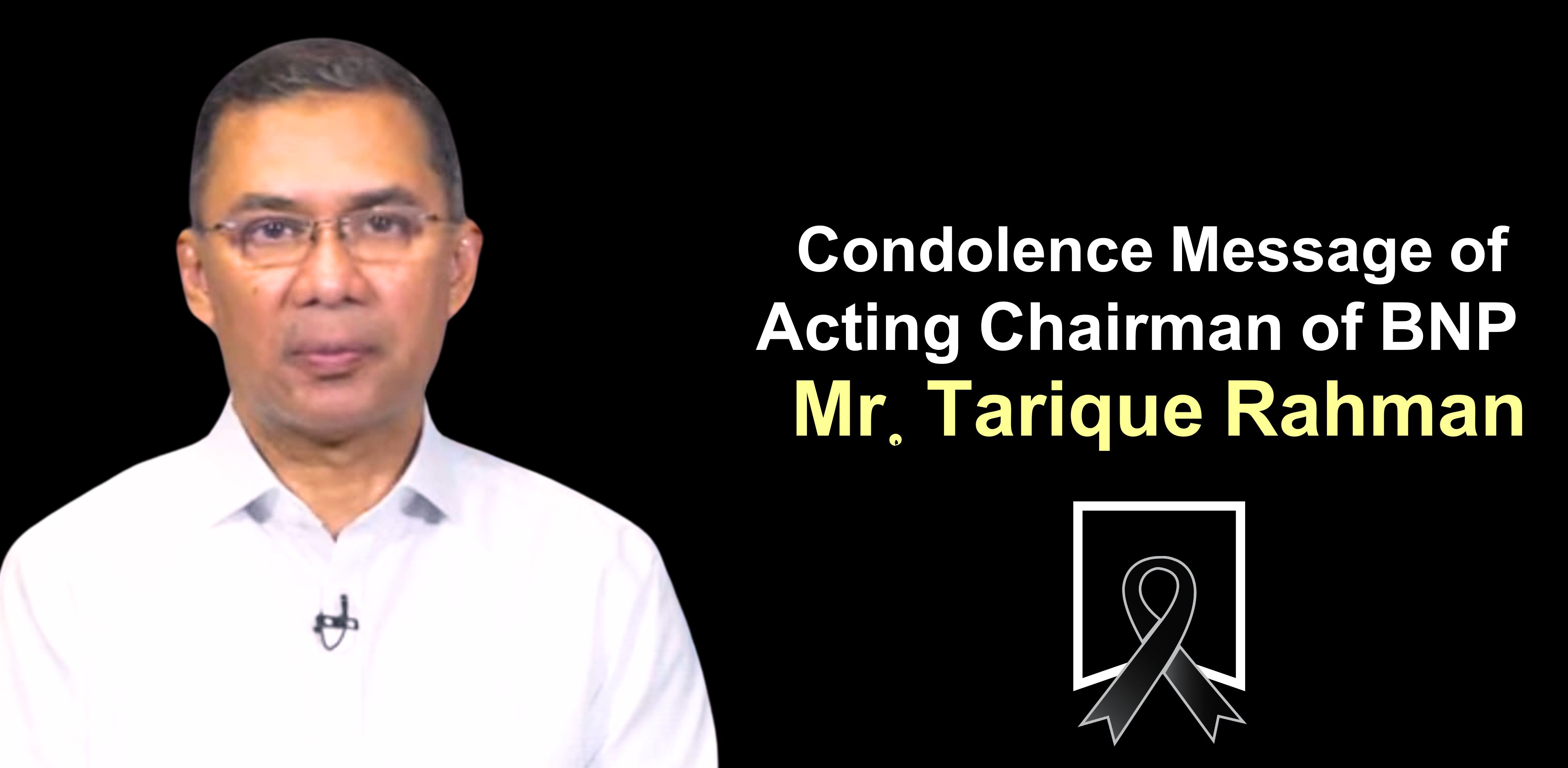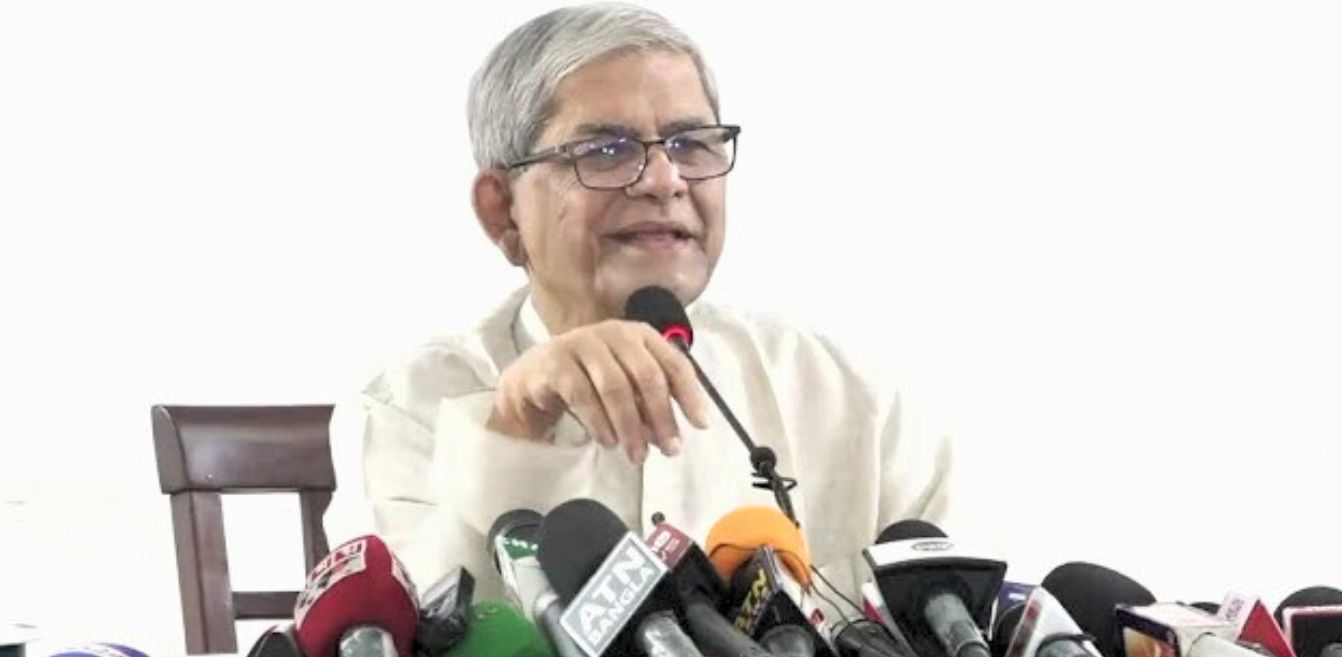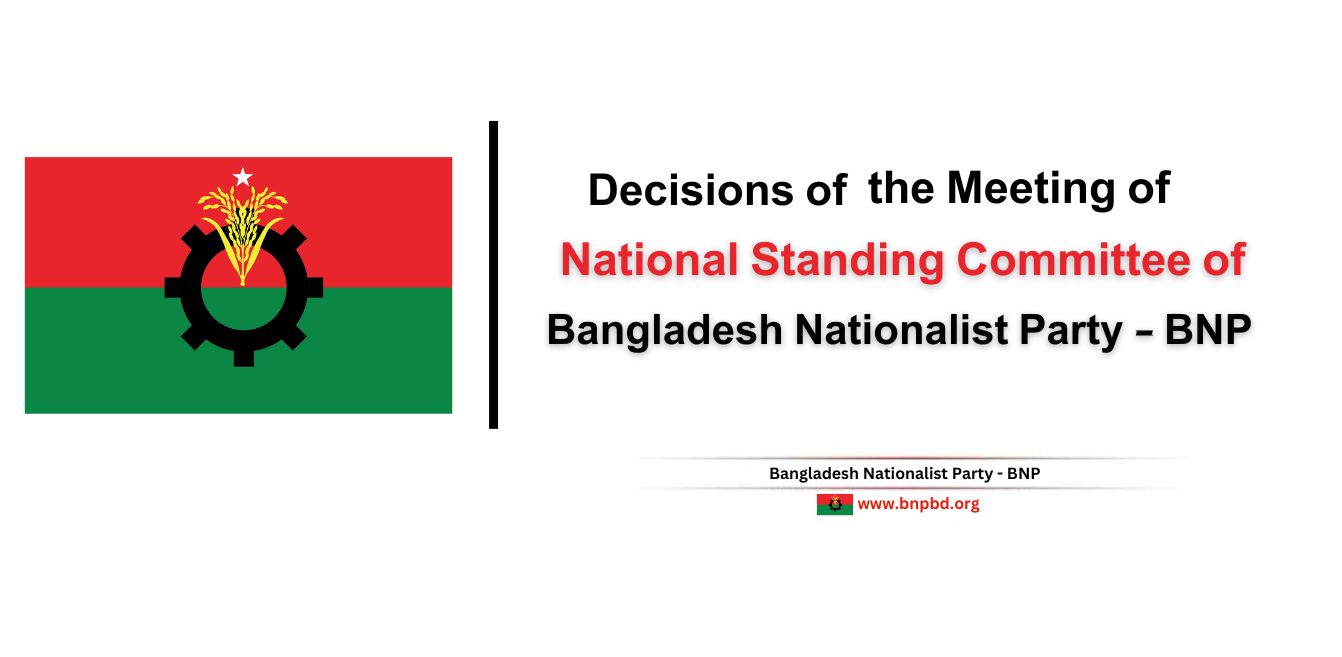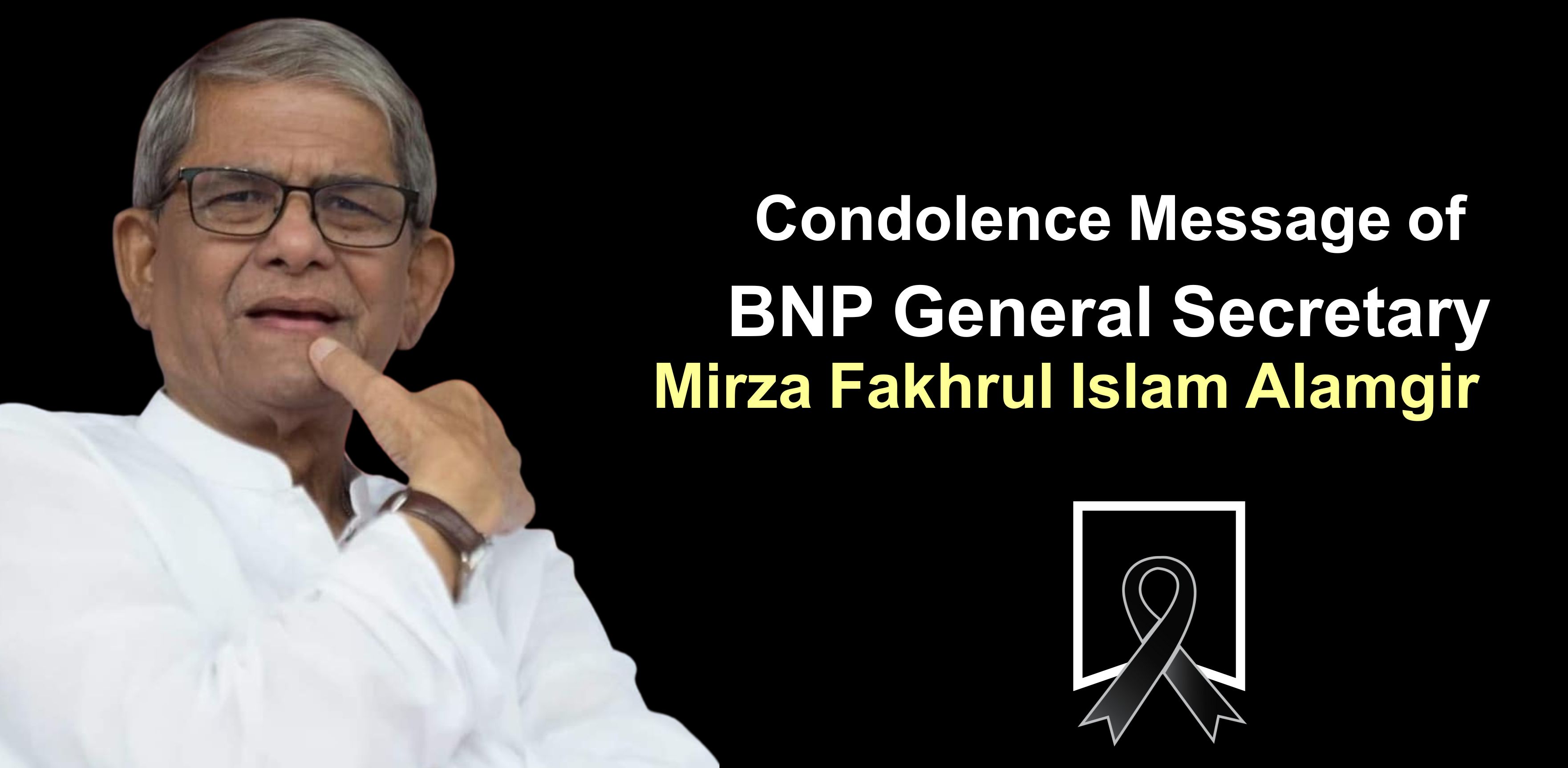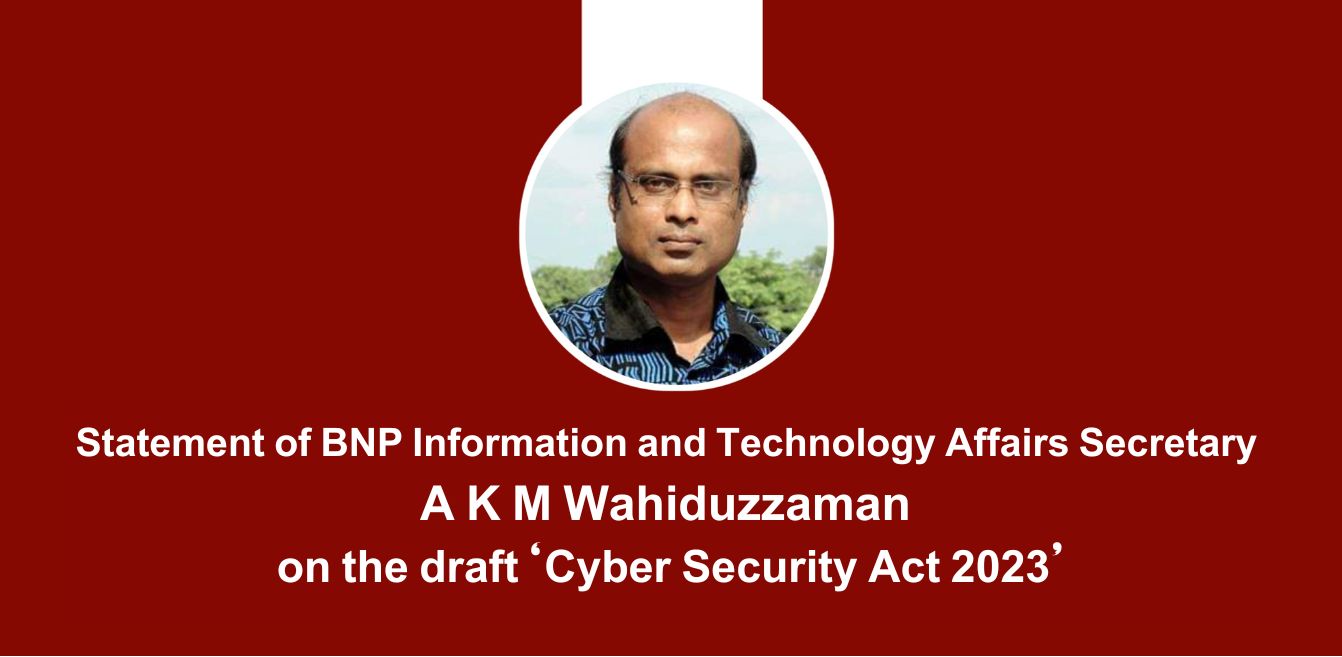
Date: 19 August 2023
Press Release
Statement of BNP Information and Technology Affairs Secretary A K M Wahiduzzaman
Recently the current government has announced a policy to repeal the oppressive and restrictive ‘Digital Security Act 2018’ and to replace the Act with a new one called the ‘Cyber Security Act 2023’. Unfortunately, the policy announcement to repeal the restrictive Digital Security Act, instead of being a source of relief and hope for the citizens of Bangladesh, has become a matter of great anxiety and discomfort. The contents related to cybercrime and the structure and activities of cybersecurity-related institutions in the proposed law are almost identical to the Digital Security Act. The much-abused Digital Security Act’s unrestricted powers of police officers to search, seize and arrest without a warrant remain largely unchanged in the proposed legislation. The Awami League government has taken the despicable trick of deceiving the people by adding the word ‘Cyber’ to the title of the law instead of only the word ‘Digital’ and making some minor changes. As a result, the proposed law primarily ignores the reports, proposals, requests, and concerns regarding the Digital Security Act that have been produced at various times by members of domestic and international civil society members, human rights organizations, and experts. For example, the Office of the United Nations High Commissioner for Human Rights proposed repealing Sections 21 and 28 of the Digital Security Act and amending eight sections (8, 25, 27, 29, 31, 32, 43 and 53). But without repealing Sections 21 and 28, changes have been made regarding punishment and bail. On the other hand, out of 8 sections (8, 25, 27, 29, 31, 32, 43 and 53) for amendment, six have mainly been changed regarding punishment and bail. The functions, composition, and powers of the National Cyber Security Agency and the National Cyber Security Council mentioned in the proposed law are almost precisely the same as those of the Digital Security Agency and the Digital Security Council mentioned in the Digital Security Act.
It may be noted that nine teachers, journalists and lawyers filed a writ petition in the High Court on 19 January 2020 to declare Sections 25, 28, 29 and 31 of the Digital Security Act unconstitutional. In view of this writ petition, the High Court, on 24 February 2020, issued a rule to the relevant government ministries and officials as to why Sections 25 and 31 of the Digital Security Act should not be declared unconstitutional. But till now, the country’s people have yet to learn whether the government has responded to that rule. The offenses mentioned in the proposed Cyber Security Act are tried by the Cyber Tribunal constituted under the ‘Information and Communication Technology Act, 2006’. The Awami League government, which came to power in 2014 and 2018 through the sham elections, has taken away the judiciary’s independence and made it partisan. Hence today, the judicial function of cyber tribunals, like other subordinate and high courts, is also widely questioned. Judicial harassment by Section 57 of the ICT Act against human rights organization ‘Adhikar’ for writing a research report, repetitive denial of bail to Jagannath University student Khadijatul Kubra, arbitrary arrest of children in cyber cases without following the provisions of Children’s Act 2013, the long delay in the initial stage of the case from the police station to the Magistrate Court before the case is transferred to the Cyber Tribunal and the detention of the accused without trial etc. indicate the absence of justice during the rule of the Awami League government. Moreover, the records of the Dhaka Cyber Tribunal show that about 45 percent of the cases which were transferred to the tribunal for trial between 2013 to 31 March 2021, filed under the ‘Information and Communication Technology Act 2006’ and ‘Digital Security Act 2018’, were dismissed at the first hearing. Many of the accused were arrested and harassed in these cases until those cases were dismissed. No remedy for their false harassment is provided in the ‘Information and Communication Technology Act 2006’ and ‘Digital Security Act 2018’, and is absent in the proposed Cyber Security Act.
Bangladesh Nationalist Party-BNP believes in ‘respecting’, ‘protecting’ and ‘promoting’ human rights principles and democratic values. BNP believes in Article 19 of the International Covenant on Civil and Political Rights 1966, General Comment 34 on Article 19 by the United Nations Human Rights Committee, Johannesburg Principles on National Security, Tshwane Freedom of Expression and Access to Information Policy, as well as the fundamental rights mentioned in the Constitution of the People’s Republic of Bangladesh, Right to Information Act 2009 etc., regarding the Freedom of Expression. BNP, therefore, feels that the proposed ‘Cyber Security Act 2023’ is unconstitutional, against the rule of law and fundamental human rights and freedoms. Merely replacing the word ‘digital’ with ‘cyber’ will not remove the culture of fear created by the current Awami League government through the Digital Security Act.
BNP also believes that only a government elected by the people is accountable to the people and establishes a true rule of law. On the other hand, the Fascist forces who hold power by deception oppress the people by law. Awami League government is trying to divert people’s attention by enacting the proposed cyber security law etc., instead of making constitutional reforms as per the demands of the people to organize a free and fair election through a non-partisan and neutral caretaker government. Civil society representatives have already voiced their disappointment and alarm over the Cabinet’s proposed Cyber Security Act’s approval on 7 August without a public hearing and the draft Act’s publication online on 9 August with only 14 days for individuals to voice their opinions. But even after over a week, the government has not taken concrete steps to reassure the people.
Given the above situation, Bangladesh Nationalist Party (BNP) is making the following demands:
1. A bill to repeal the oppressive and repressive ‘Digital Security Act, 2018’ should be introduced and passed in Parliament immediately.
2. The public should be given adequate time to review and comment on the proposed ‘Cyber Security Act 2023’.
3. After holding a free and fair election through a non-partisan and neutral caretaker government, the newly elected Parliament should pass the Cyber Security Act 2023 and other laws and make other necessary legal reforms.
Message Sender,
(Muhammad Munir Hossain)
Assistant Deputy Secretary
Bangladesh Nationalist Party - BNP

.png)
